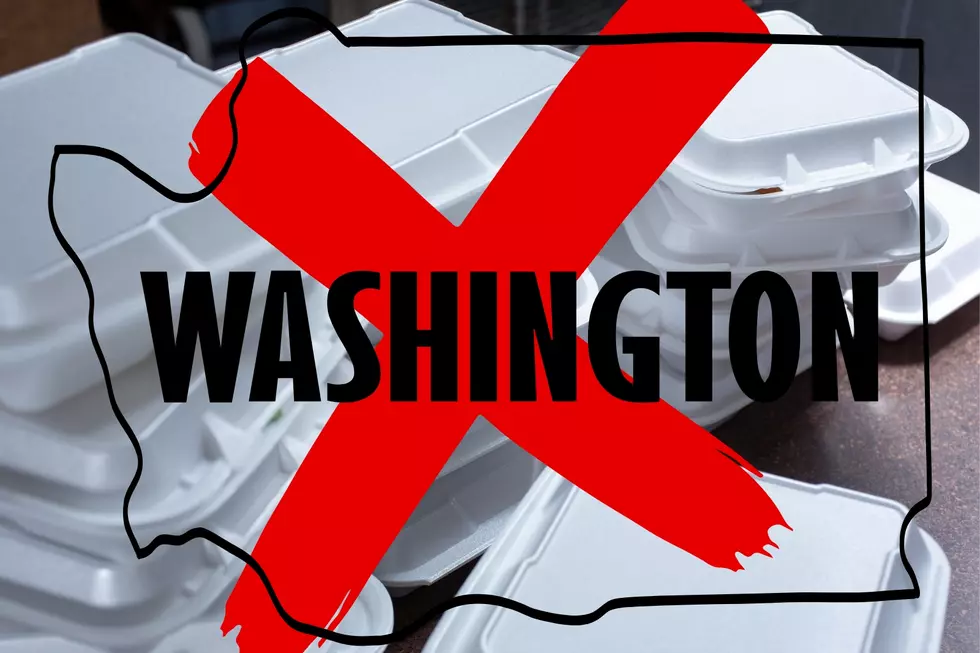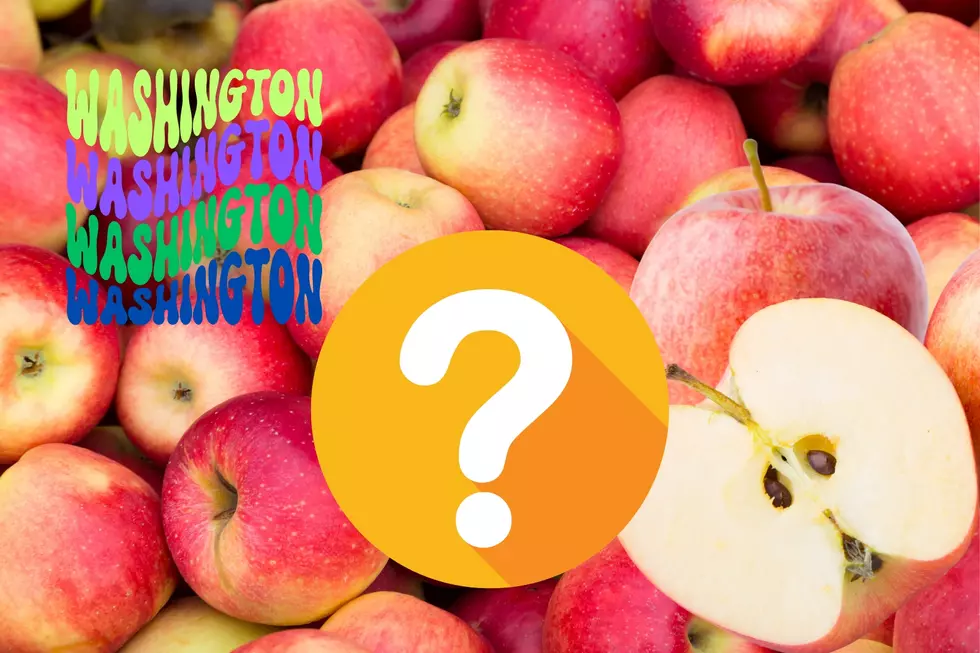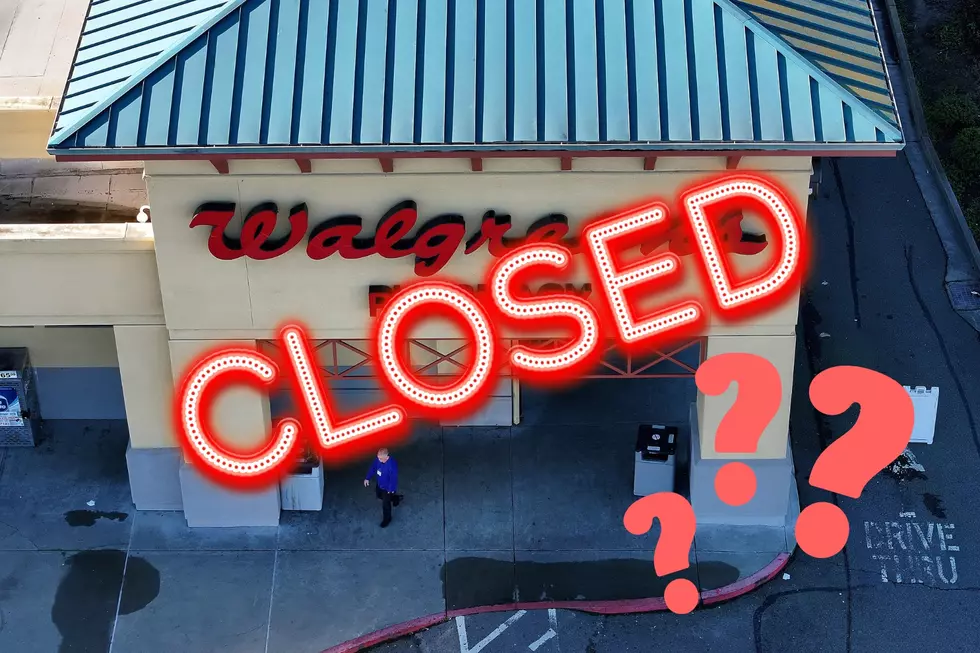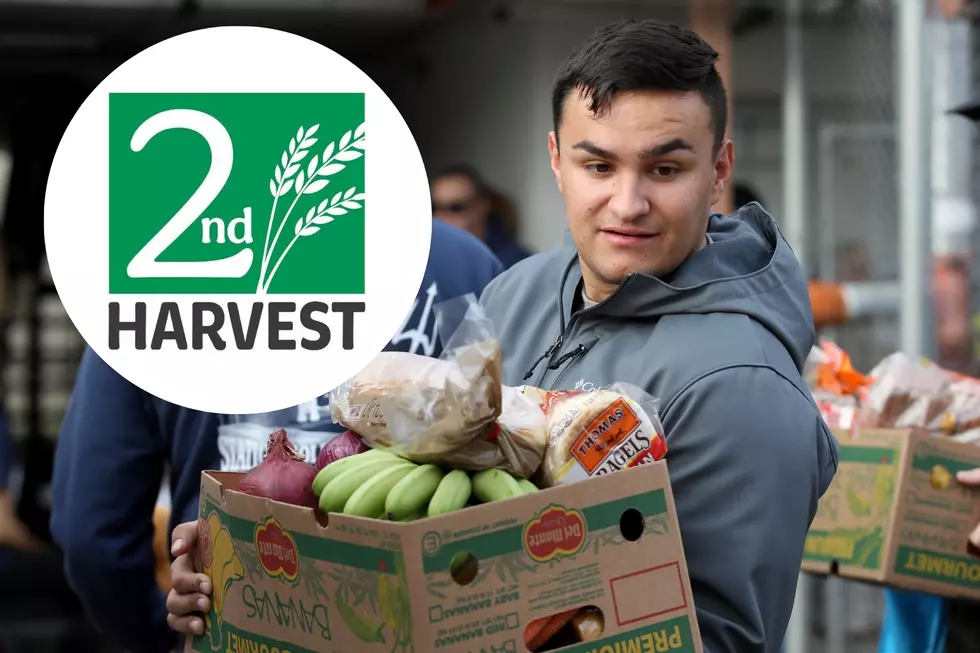
5 Tips For Safe Food Handling During The Holidays
This holiday season millions of people will gather to break bread together. I've compiled a list of safe food handling tips so NO ONE will get a food borne illness.
Tip 1: Don’t Wash That Turkey.
According to the most recent Food Safety Survey, conducted by the Food and Drug Administration, 68 percent of the public washes whole turkey before cooking it. USDA does not recommend washing raw meat and poultry before cooking. Washing raw meat and poultry can cause bacteria to spread up to three feet away. Cooking (baking, broiling, boiling, frying or grilling) meat and poultry to the right temperature kills any bacteria that may be present, so washing meat and poultry is not necessary.
Tip 2: Use the refrigerator, the cold-water method or the microwave to defrost a frozen turkey.
There are three safe ways to defrost a turkey: in the refrigerator, in cold water and in the microwave oven. Thawing food in the refrigerator is the safest method because the turkey will defrost at a consistent, safe temperature. It will take 24 hours for every 5 pounds of weight for a turkey to thaw in the refrigerator. To thaw in cold water, submerge the bird in its original wrapper in cold tap water, changing the water every 30 minutes. For instructions on microwave defrosting, refer to your microwave’s owner’s manual. Cold water and microwave thawing can also be used if your bird did not entirely defrost in the refrigerator.
Tip 3: Use a meat thermometer.
The only way to determine if a turkey (or any meat, poultry or seafood) is cooked is to check its internal temperature with a food thermometer. A whole turkey should be checked in three locations: the innermost part of the thigh, the innermost part of the wing and the thickest part of the breast. Your thermometer should register 165°F in all three of these places. The juices rarely run clear at this temperature, and when they do the bird is often overcooked. Using the food thermometer is the best way to ensure your turkey is cooked, but not overdone.
Tip 4: Don’t store food outside, even if it’s cold.
Storing food outside is not food safe for two reasons. The first is that animals, both wild and domesticated, can get into food stored outside, consuming it or contaminating it. The second is temperature variation. Just like your car gets warm in the summer, a plastic food storage container in the sun can heat up and climb into the danger zone (above 40°F). The best way to keep that extra Thanksgiving food at a safe temperature (below 40°F) is in a cooler with ice.
Tip 5: Leftovers are good in the refrigerator for up to four days.
Cut the turkey off the bone and refrigerate it as soon as you can, within 2 hours of the turkey coming out of the oven. Leftovers will last for four days in the refrigerator, so if you know you won’t use them right away, pack them into freezer bags or airtight containers and freeze. For best quality, use your leftover turkey within four months. After that, the leftovers will still be safe, but can dry out or lose flavor.
Source:U.S. Department of Agriculture, Food Safety Inspection Service
More From 102.7 KORD









